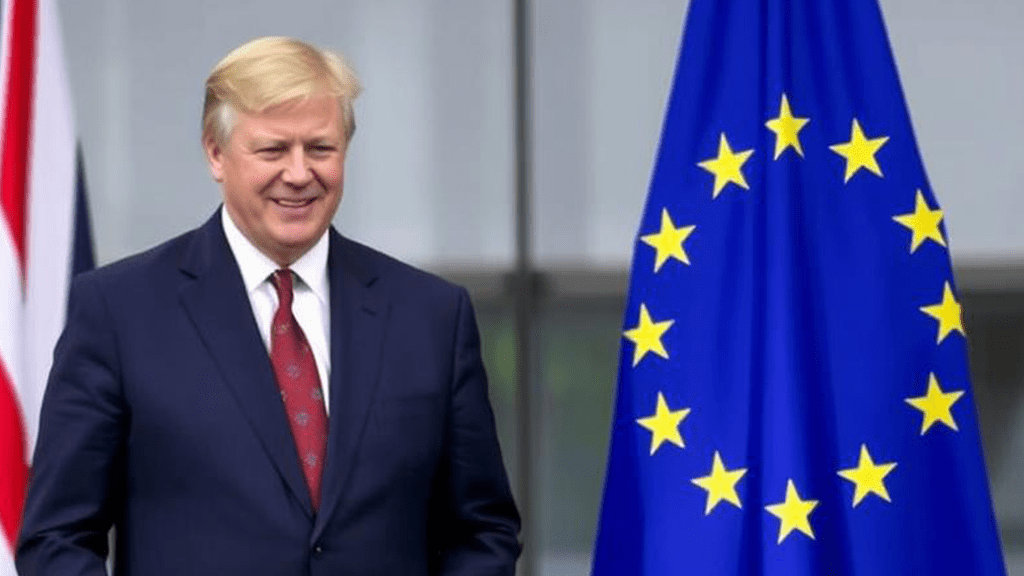UK and EU Reach New Post-Brexit Deal on Food, Fishing, Defence

May 20, 2025: The UK and the European Union have finalized a new post-Brexit cooperation agreement covering food safety, fishing rights, and defense coordination. The deal, presented at a summit in Brussels, is being framed as a strategic “reset” in relations following several years of trade and diplomatic tension.
Key Pillars of the Agreement
The agreement includes a 12-year fisheries access deal, granting regulated entry for EU vessels in British waters under a quota-sharing mechanism. In return, UK seafood exporters will benefit from streamlined customs checks and fast-track licensing for EU markets, addressing long-standing bottlenecks that have damaged the British fishing industry since Brexit.
In the area of food and agricultural regulation, both sides agreed to mutually recognize specific safety standards and establish a new joint committee to resolve disputes over plant and animal health. This will reduce border friction for perishable goods and simplify paperwork for small-to-medium enterprises.
Defense and Strategic Alignment
On defense, the UK will participate in selected EU-led security initiatives under a separate but coordinated framework. British personnel will contribute to EU peacekeeping missions and cybersecurity task forces, although the UK retains independent command over its troops. A bilateral council on defense procurement and intelligence sharing will be reactivated, reflecting a shared interest in countering hybrid threats.
There is also a new provision for youth mobility visas, allowing short-term work and study exchanges for citizens aged 18–30. This is seen as a gesture toward rebuilding cultural ties damaged by freedom-of-movement restrictions.
Political Reception and Outlook
Prime Minister Keir Starmer called the deal “a blueprint for practical cooperation,” distancing his government from the antagonistic tone of earlier Brexit negotiations. European Commission President Ursula von der Leyen said the agreement restores “predictability and trust.”
While it has not reopened the original withdrawal agreement, the deal marks the most substantive policy convergence since 2020. Analysts view it as a pragmatic response to mutual economic dependencies rather than ideological shifts. Implementation timelines and dispute-resolution mechanisms will be tested over the coming year.


















































